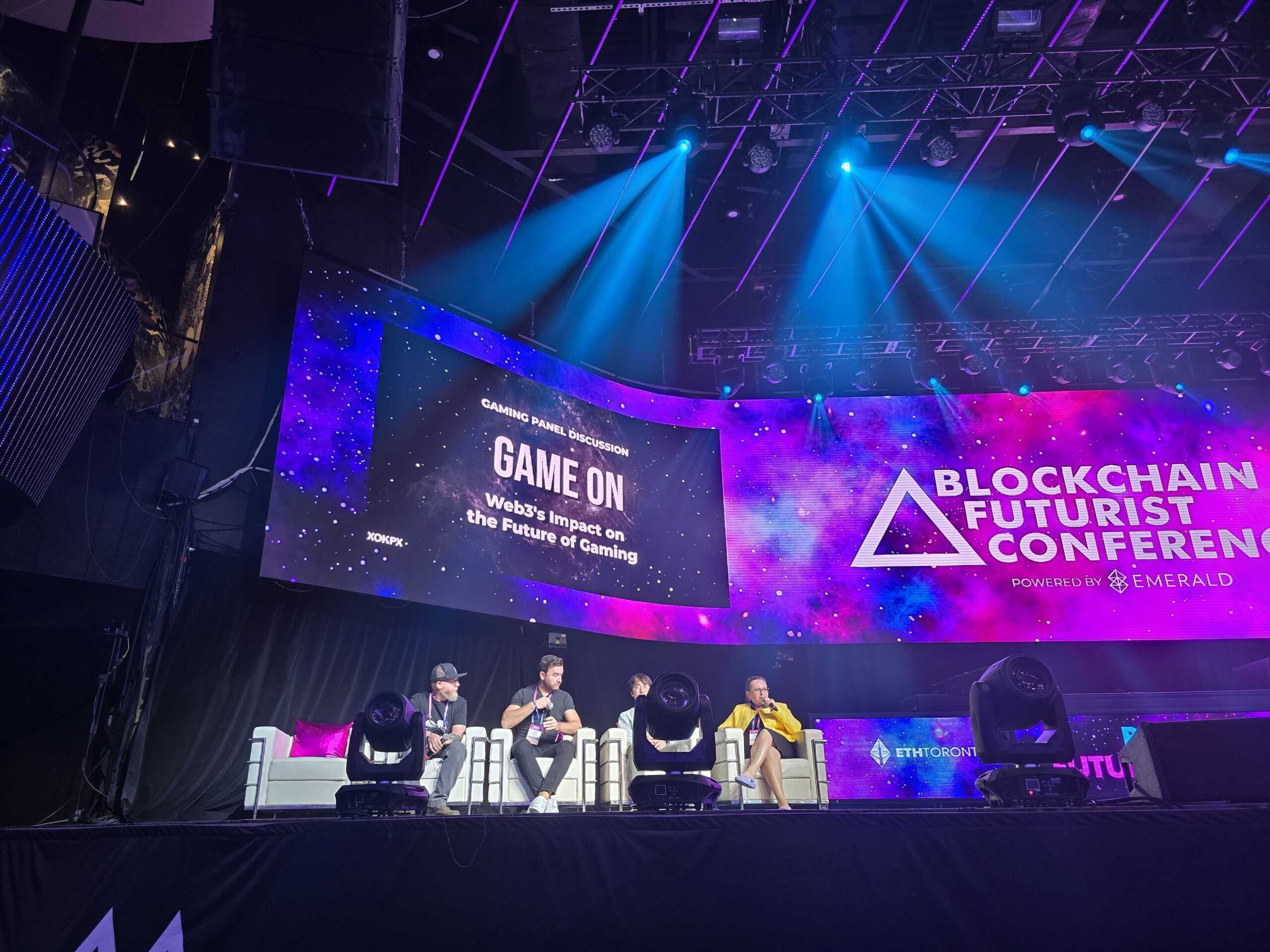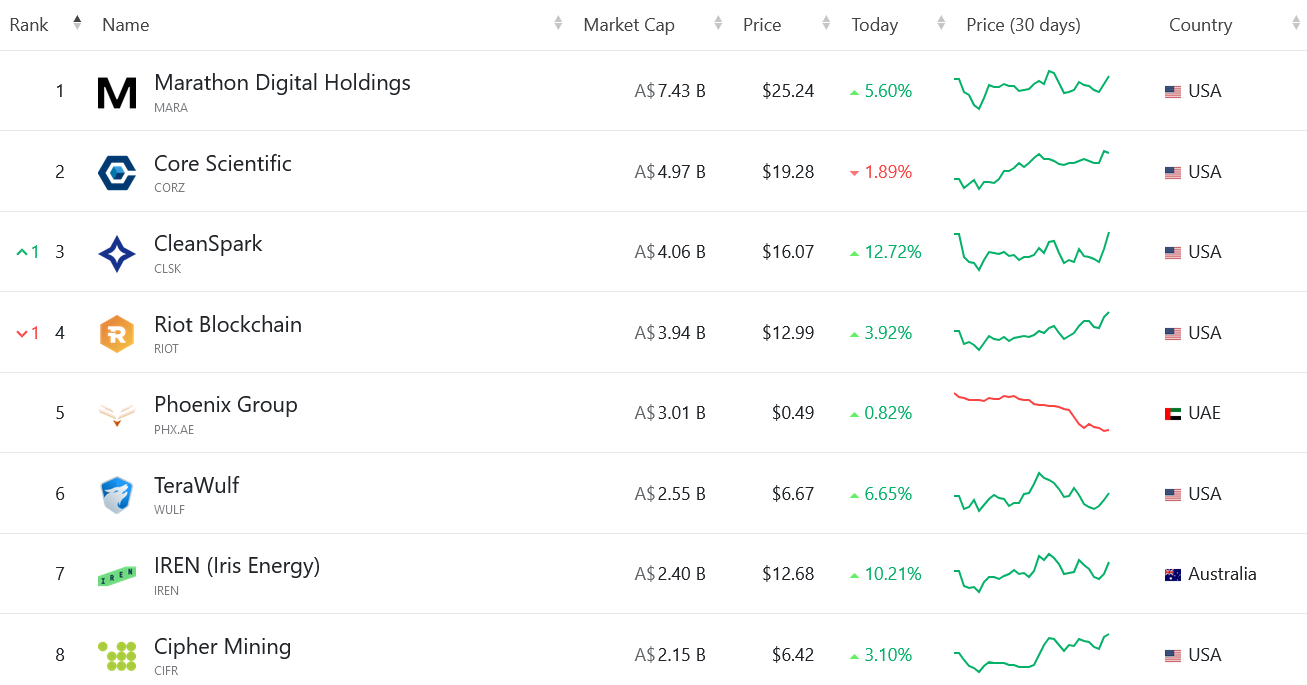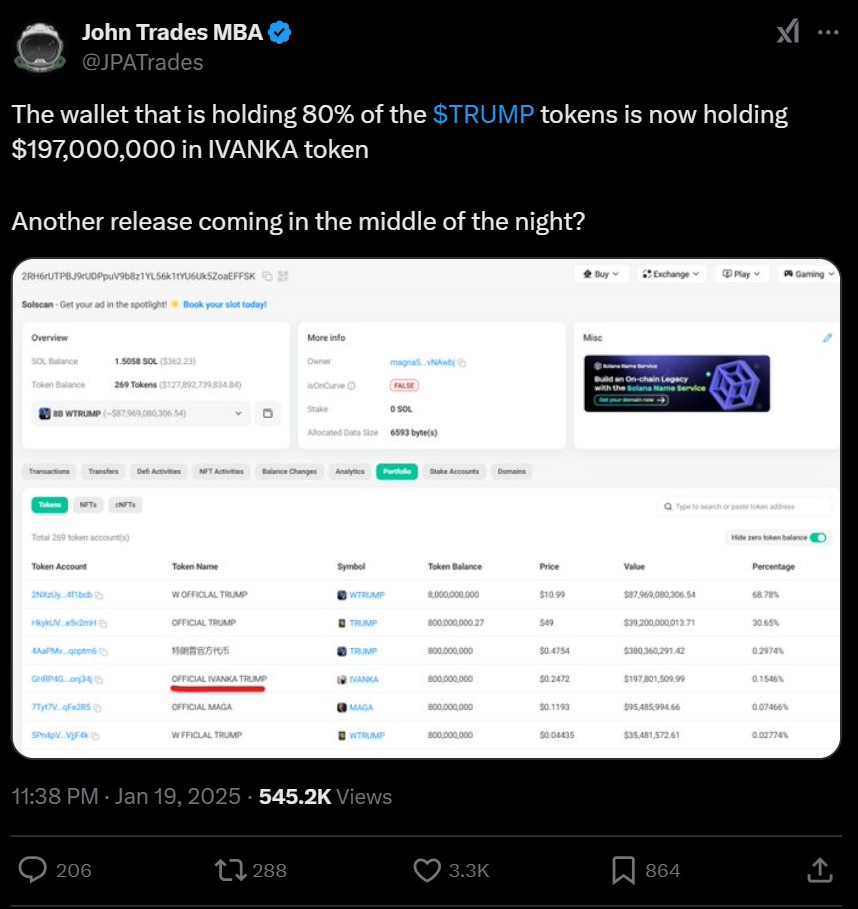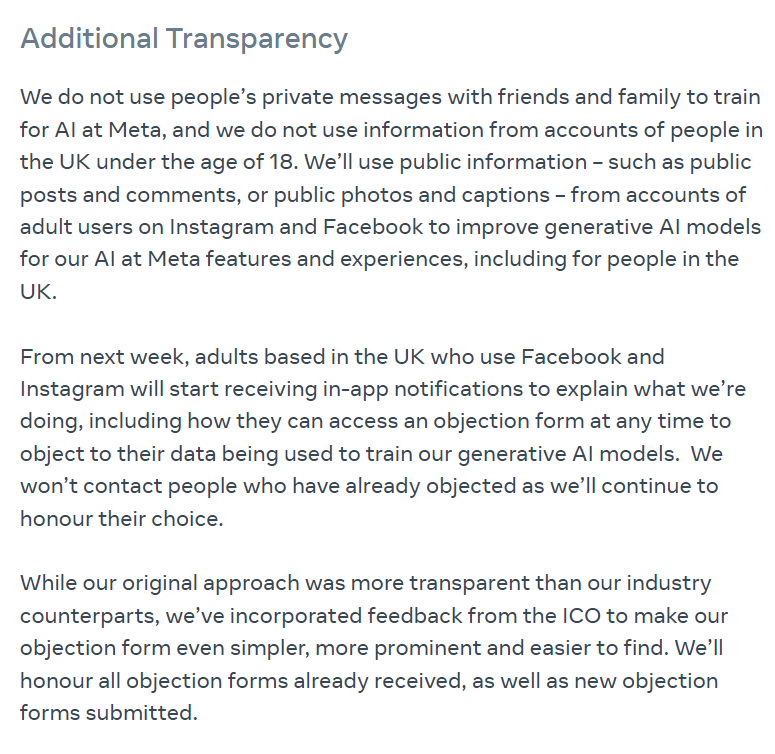Executives from World3, Helika, and Anomaly Games took the stage at this year’s Blockchain Futurist Conference in Toronto, Canada to discuss the current state and future of Web 3 gaming.
Long Do, CEO of Anomaly Games, opened up by explaining his company’s focus on abstracting away the highly technical components of the blockchain experience so that users would not even know they were engaging with blockchain systems.
The CEO then turned his attention to the stark contrast between game profitability for traditional game developers and Web 3 game development studios:
“I believe like 50% of game developers, they make a total of less than $2000 over their entire life, but a Web 3 game developer actually statistically makes a lot more than a Web 2 game developer.”
Product director at World3 Michael Grills expanded on this theme by talking about the potential to create robust player economies as the true value proposition for Web 3 gaming.
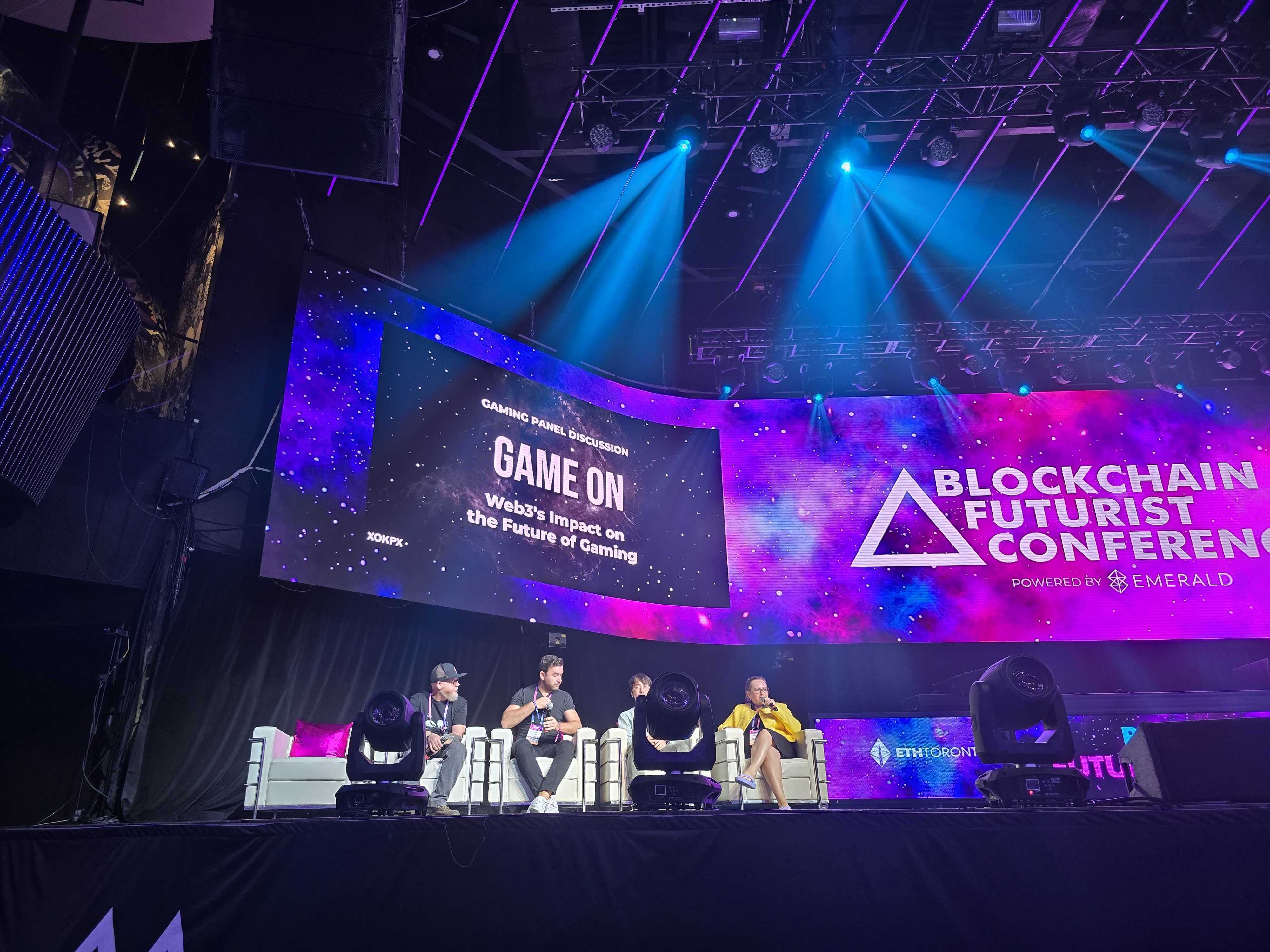
The executive explained that, much like collectible trading card games, community trading of in-game assets will be a major use case of blockchain in video games:
“The community is the opportunity in Web 3 because trading and the actual ownership of those assets, and being able to trade those assets, as a gamer is super exciting and more profitable for the community than the game.”
Anton Umnov, co-founder and CEO of Helika argued that onchain games were a “gateway” to onboard more users into the broader cryptocurrency ecosystem, claiming that 50% of the transactions on certain blockchain networks come from onchain games.
Related: Why Web3 gaming needs a Steam-like platform for growth
The rise of Telegram gaming
The Helika CEO’s statements are epitomized by games on Telegram and the separate, independent Telegram Open Network’s (TON) use of casual games to drive users to the Web 3 space. Ruslan Fakhrutdinov, CEO of X10, believes this strategy may position Telegram to onboard the first billion users to the crypto ecosystem.
Consequently, in July 2024, Helika and Notcoin, a popular Telegram-based tap-to-play game, revealed a $50 million gaming accelerator program to foster the development of Telegram games.
More recently, former Telegram Open Network Foundation executives launched a $40 million developer fund to facilitate the development of mini-applications within the TON ecosystem, following the meteoric success of Telegram games like Hamster Kombat and the introduction of a mini-app store in the Telegram app.
Magazine: Clicker games to fade post-airdrop, Is Hamster Kombat any good? Web3 Gamer
